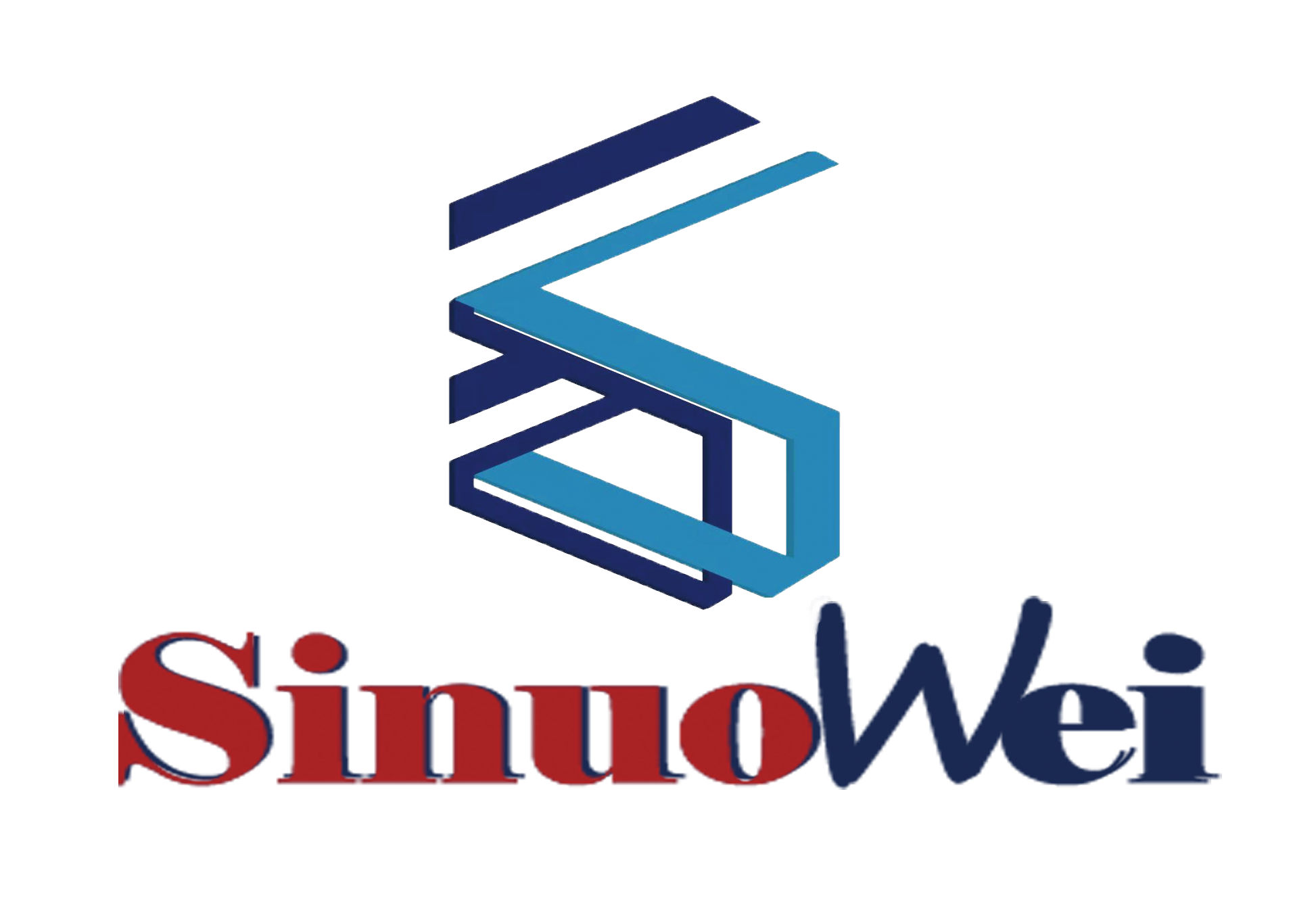
- +86 18120750932
- colin@xmsinuowei.com
- www.xmsinuowei.com


A new ‘glue’ could make lithium-ion battery recycling cheaper – and less toxic – Forbes.
Recycling of lithium-ion batteries for electric cars and consumer electronics is an urgent priority given tight global supplies of pricey metals like lithium, nickel and cobalt, but it has a downside: current techniques like controlled burning can release toxic chemicals.
Scientists at Lawrence Berkeley National Laboratory, however, say they’ve found a solution: a new material that allows old lithium-ion cells to be recycled with just water. And it could soon make battery recycling cheaper and safer.
Battery cells use glue-like binders to hold the positively charged cathode and negatively charged anode—the elements that transmit electricity—together. Lawrence Berkeley’s material is a “quick-release” binder made from two widely available polymers that dissolves when placed in room-temperature alkaline water containing sodium hydroxide. The battery metals can then be filtered out of the solution and air-dried, the researchers said. There’s no burning and no release of toxins.
The research is already moving into commercial testing with Onto Technologies, a recycling startup in Bend, Oregon. If all goes well, the new binding material could start being used in lithium-ion batteries within “two to five years,” Gao Liu, a senior scientist at the Berkeley lab, told Forbes.
Companies including Redwood Materials, led by Tesla cofounder JB Straubel, and Toronto-based Li-Cycle, are raising billions of dollars to build large-scale recycling facilities across North America that they hope will someday position them as key suppliers of the commodity metals electric vehicle batteries most need. That’s likely to be critical as dozens of new battery plants planned by companies including General Motors, Ford, Tesla, Toyota, Hyundai and Panasonic open over the next few years.
Liu said:If you look at how much lithium-ion production is coming online in the next decade, it’s growing, like, 30% per year.
“So the (amount of) batteries we need to recycle in ten years is going to be such a growing business.”
While lithium-ion batteries are great for eliminating tailpipe exhaust and climate-warming carbon emissions, they’re dirty when they burn. If a Tesla battery pack catches fire, for example, it releases a range of harmful toxins and poly-fluoroalkyl substances, or PFAS chemicals, that are linked to a range of human health problems.
Notably, the Lawrence Berkeley Lab’s binder does not contain PFAS chemicals.
“Devising a binder without (PFAS chemicals) was difficult, but it’s extraordinarily important for the future,” OnTo CEO Steve Sloop said in an emailed statement. “Customers don’t want them due to the emerging link with health issues, and I think soon regulators will agree that we can’t keep using these chemicals.”
According to Lawrence Berkeley, the binder costs about a tenth the price of two of the most commonly used commercial binders. And in addition to batteries for electric vehicles, the team that created the material believes it can be used for batteries of any size, ranging from those in cellphones to massive ones that utilities use to store electricity.
Source:Batteries News

Service online